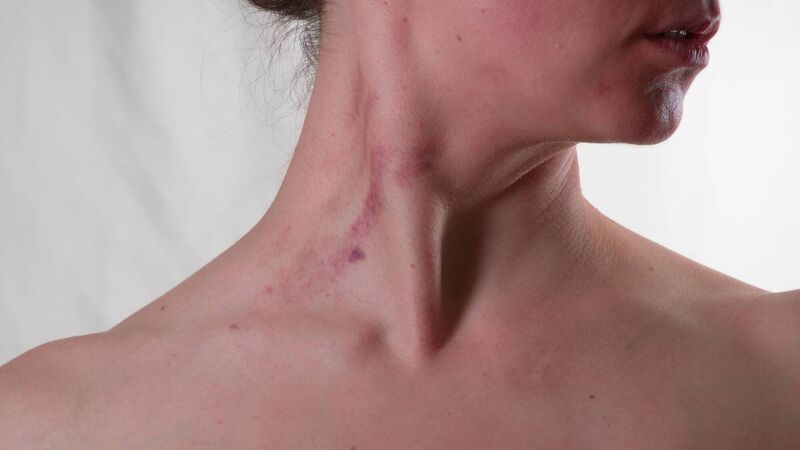Young women are getting strokes and seizures — it's time to ban 'choking' porn

In a recent review of the titles of the top 100 ‘hot porn videos in Ireland’ on Pornhub last month we found that more than a fifth of video titles directly reference physical aggression.
Social media is awash with ‘advice’ videos telling young people how to choke their sexual partners ‘safely.’ Such misinformation helps no-one, as two crucial facts are usually omitted — the practice that they are describing is in fact strangulation (not ‘choking’), and medical professionals are clearer than ever that there is no truly safe way to strangle someone.
Yet demand for this so-called advice is growing as strangulation as a sexual practice moves out of the realm of ‘kink’ and becomes entirely mainstream, primarily among those under 40. The international evidence shows a five-fold increase in strangulation in a single decade — with public health experts noting the incredible speed with which this practice has grown in popularity.
















